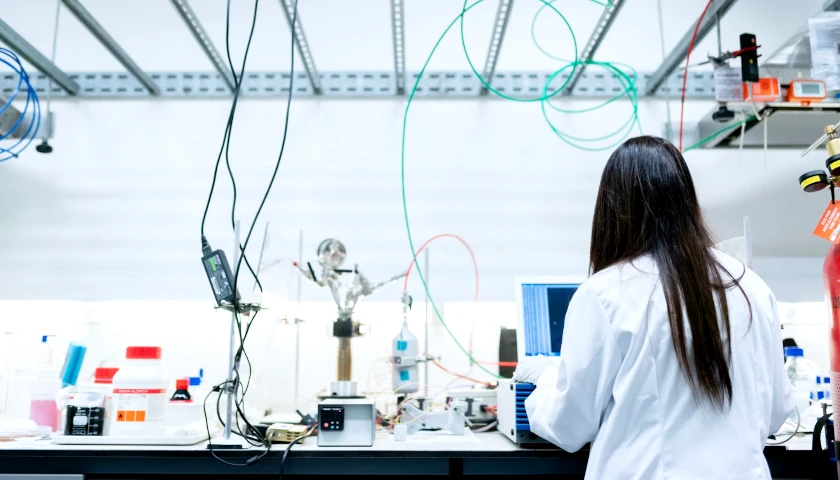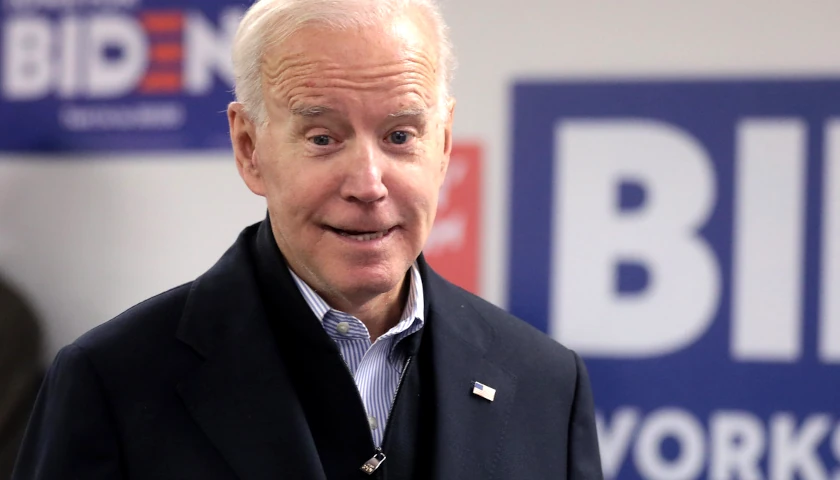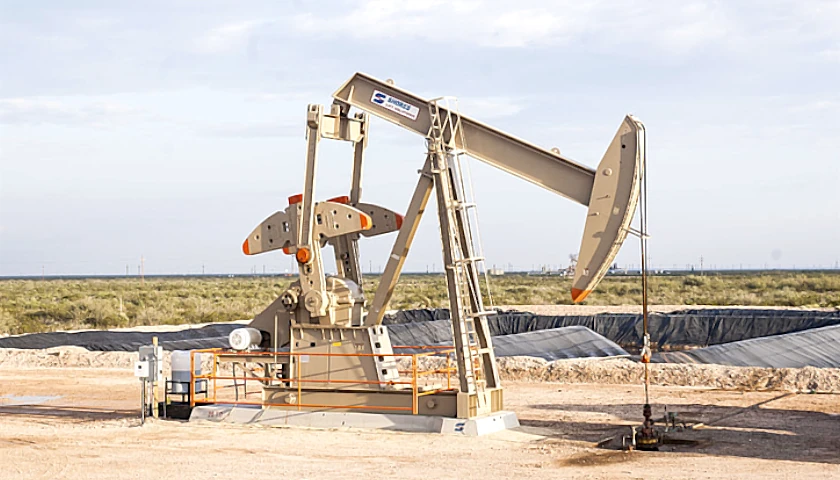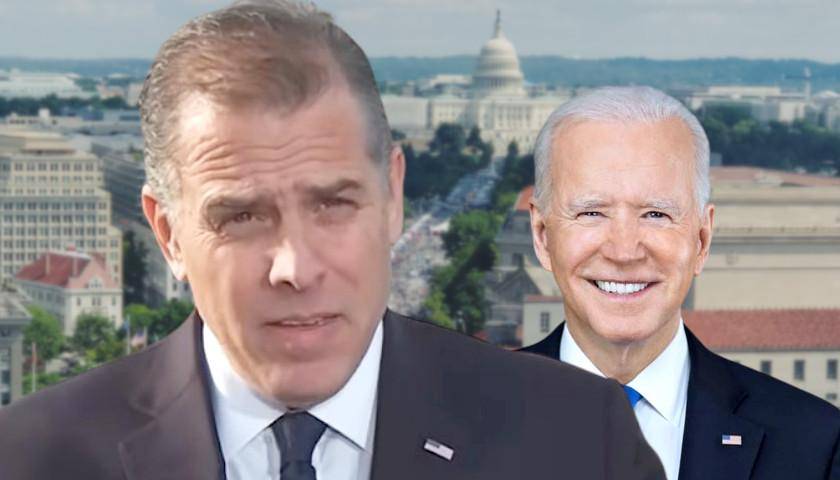The Department of Defense (DOD) does not know how much money it directly or indirectly sent to Chinese entities to conduct research on viruses with pandemic potential, according to a new report by the DOD’s Office of Inspector General (OIG).
The OIG’s report found that DOD has supplied Chinese entities — whether directly or indirectly via subgrants — with taxpayer cash to research pathogens and the enhancement thereof, but the exact figure is unknown because of “limitations” in the DOD’s internal tracking system. Government funding for such research in China has come under scrutiny since the coronavirus pandemic, which multiple government entities believe started when an engineered virus leaked from a Chinese laboratory that was hosting U.S. government-backed gain-of-function research.
Read More





